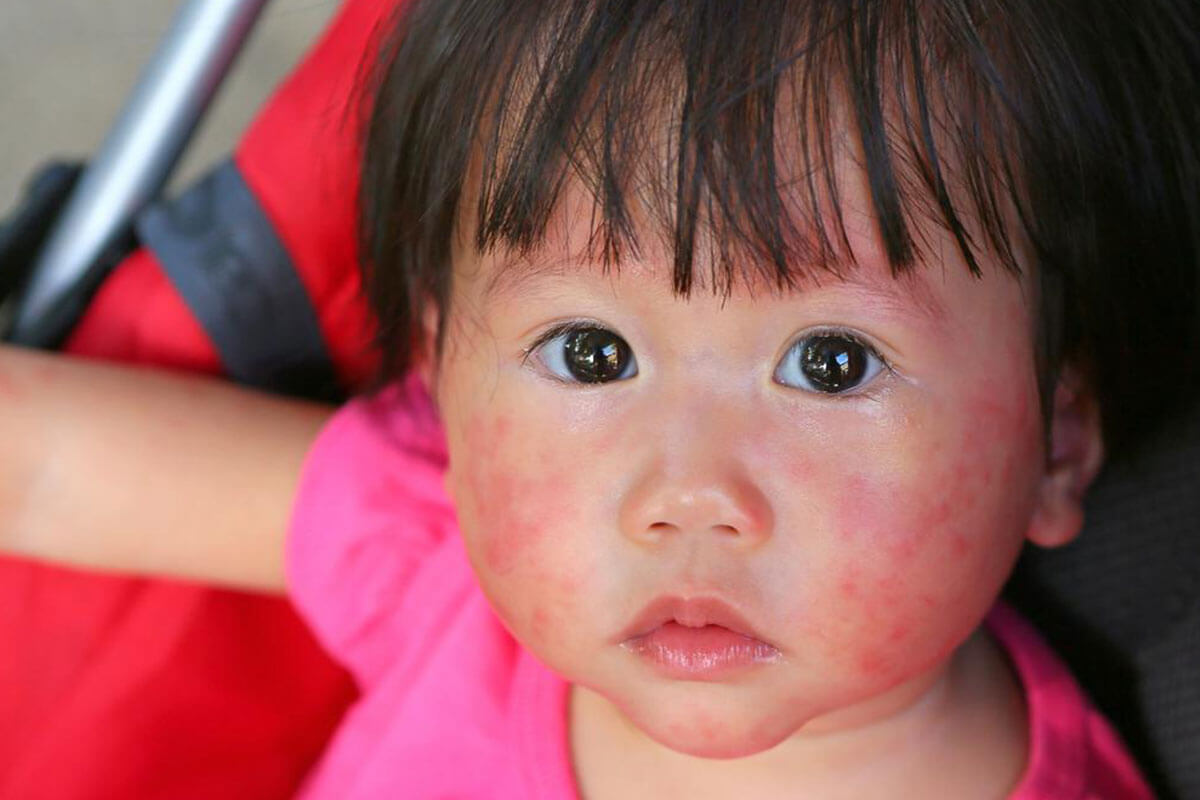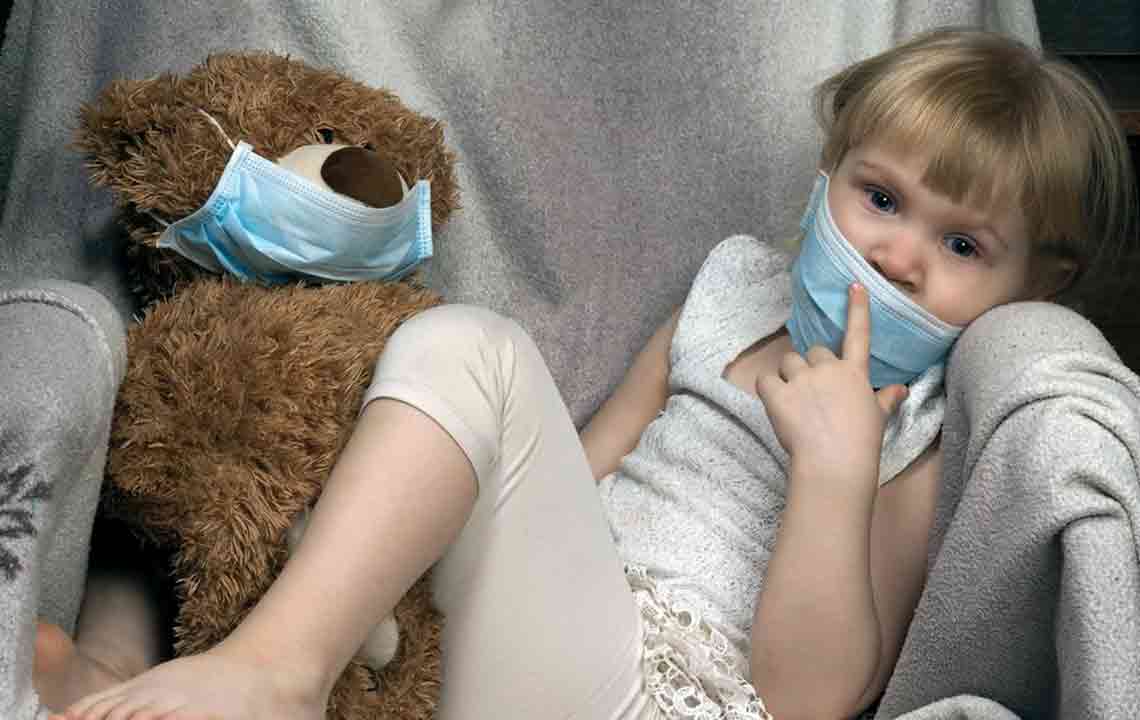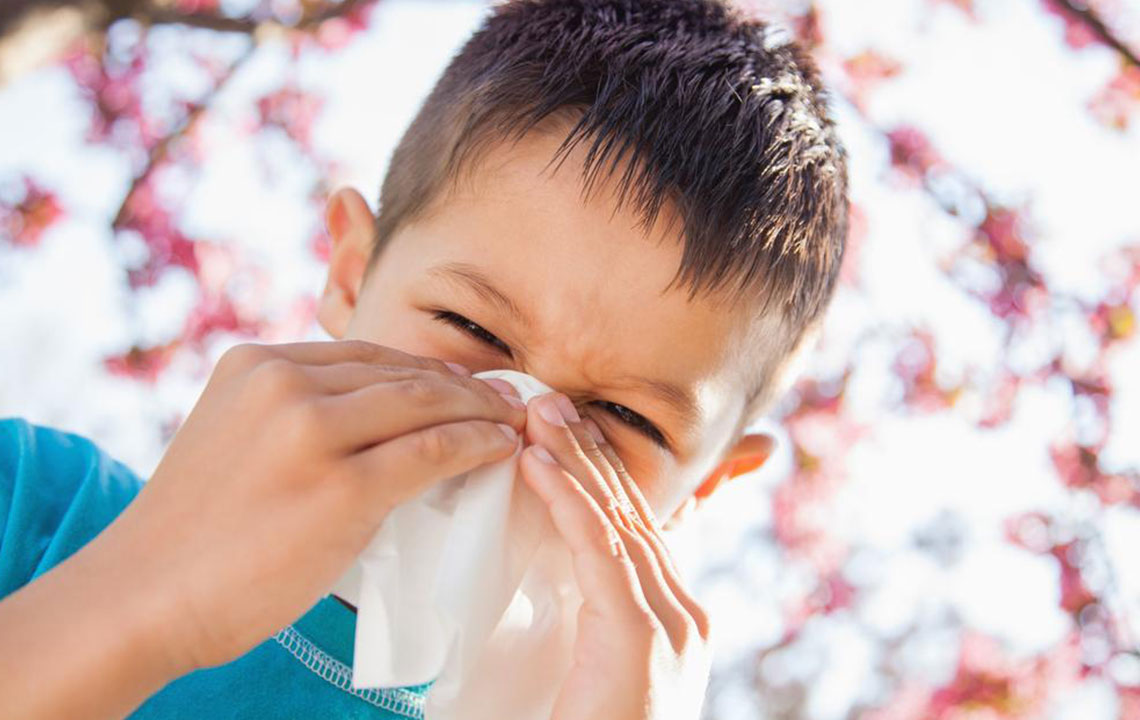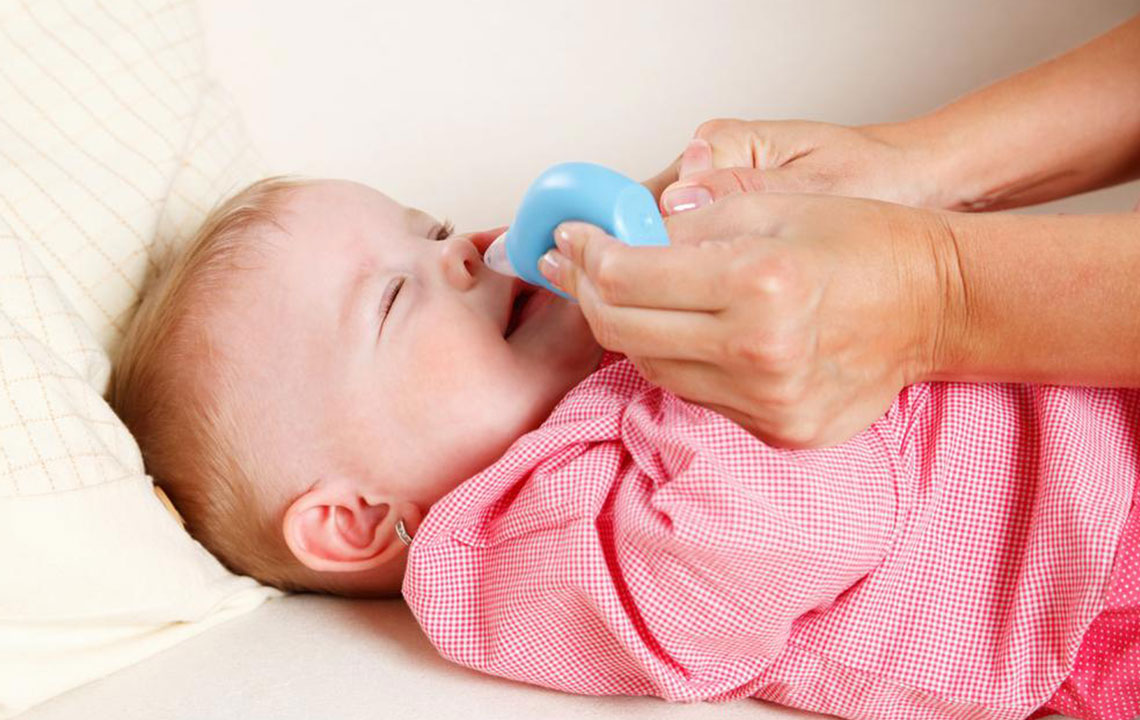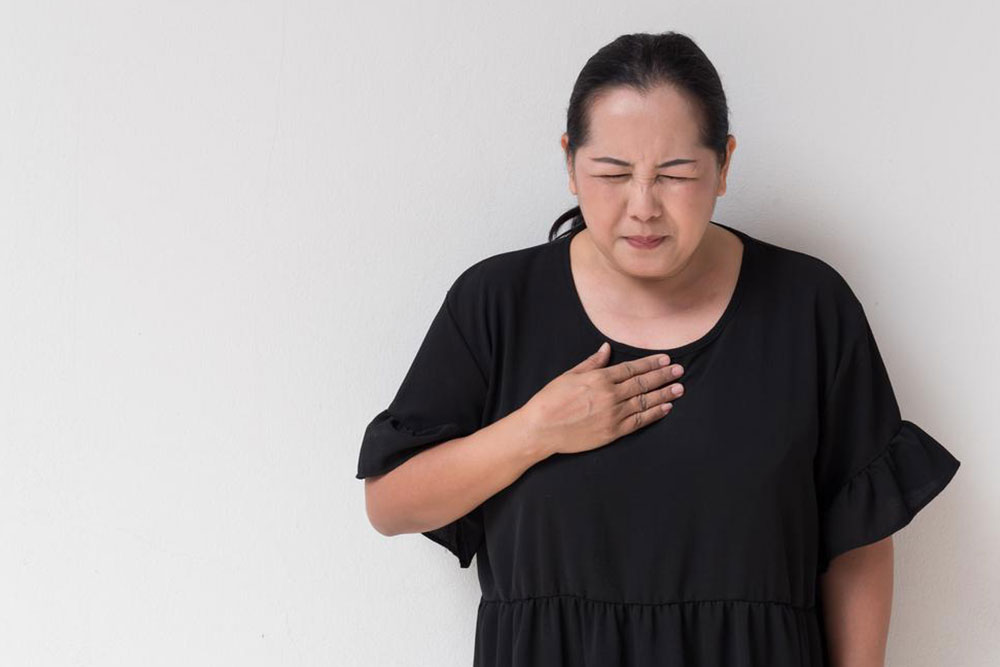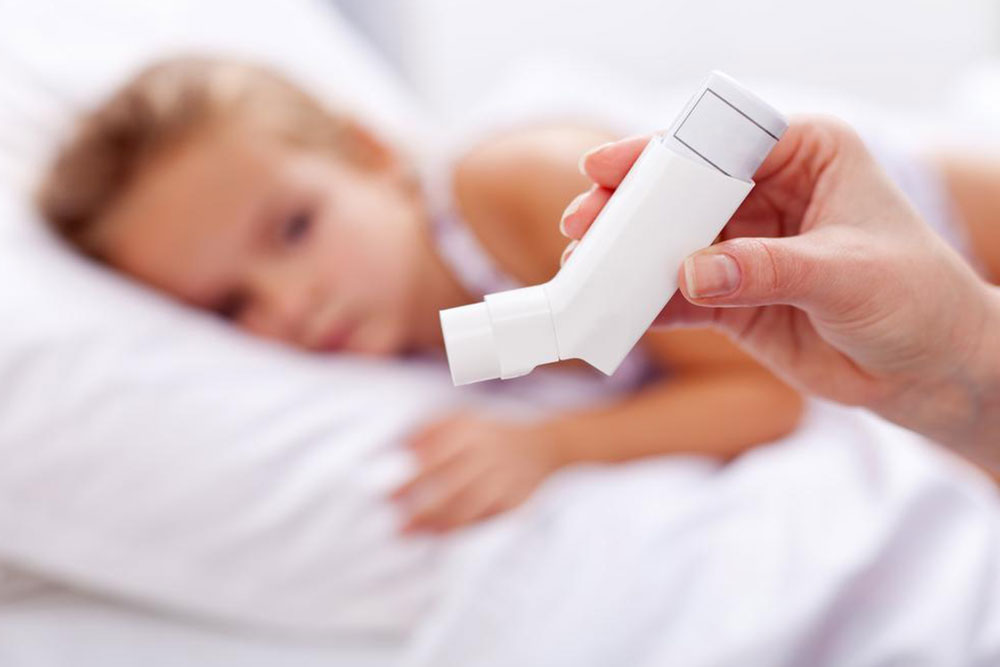Childhood Allergic Reactions: What Parents Need to Know
This article offers essential information for parents about childhood allergies, including common symptoms, triggers, and treatment options. It emphasizes the importance of early detection and consultation with healthcare providers. Tips on avoiding allergen exposure and safe medication use are highlighted to help manage allergy symptoms effectively in children, ensuring better health and comfort.
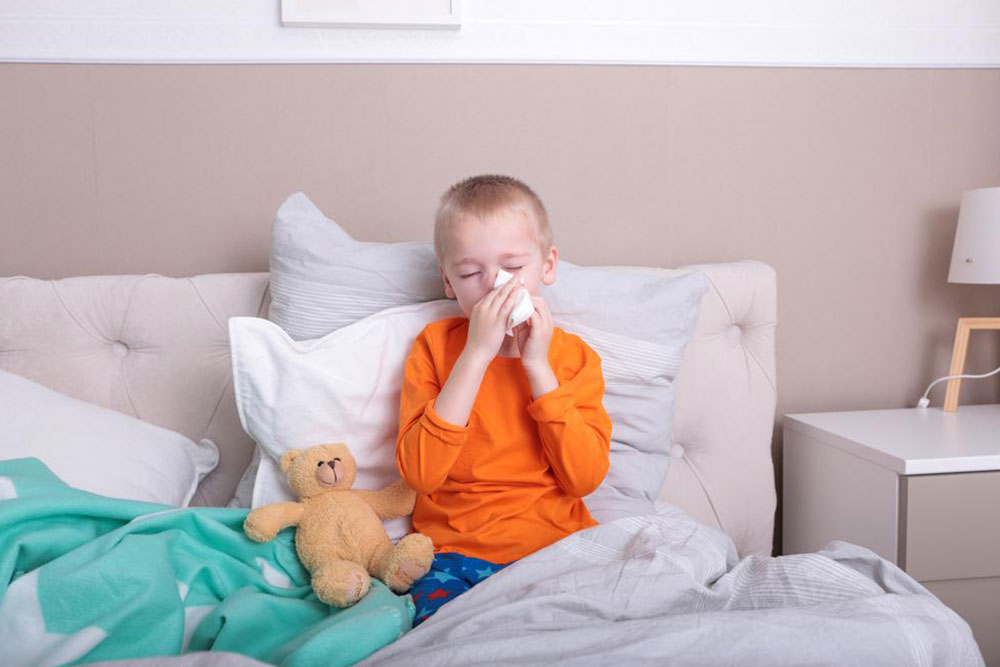
Childhood Allergic Reactions
Children often catch colds easily, but persistent wheezing and runny noses may indicate allergies. Continuous nasal congestion can be a sign of allergic rhinitis, caused by inhaling allergens. These reactions can occur seasonally or year-round. Common triggers include indoor dust, pet dander, and pollen from plants. Up to 40% of children experience allergic rhinitis symptoms, which can sometimes be inherited from parents. Recognizing symptoms early helps manage and treat allergies effectively.
The U.S. FDA and healthcare providers recommend medications that contain antihistamines and other allergy-fighting ingredients. Use medications cautiously and consult a doctor if symptoms worsen.
How Allergies Affect the Body An allergy is an overreaction of the immune system to a substance called an allergen. The body releases histamines, causing symptoms in the nose, eyes, throat, lungs, and skin. Allergies may also lead to asthma, resulting in wheezing and breathing difficulties.
Avoid Allergy Triggers To reduce allergy symptoms, keep children indoors during high pollen seasons, especially in early mornings or evenings when pollen counts are high. Keep windows closed and use ventilation systems to prevent indoor allergen exposure.
Medications for Allergies in Children Identifying and avoiding allergens is crucial for symptom control. Consult a healthcare professional if symptoms are severe or unresponsive to over-the-counter remedies. Many allergy medicines are safe for children as young as six months—always follow dosage instructions and ensure medications are age-appropriate. Be cautious of polypharmacy, checking ingredients for potential reactions.
Important Notice:
Our blog provides helpful and practical health information across various topics. Use our insights as a guide but consult healthcare providers for definitive diagnosis and treatment. We do not assume responsibility for discrepancies or updates in medical advice. Additionally, some products, offers, or schemes may not be covered here but could be beneficial. Always seek personalized medical guidance for your child's health concerns.

